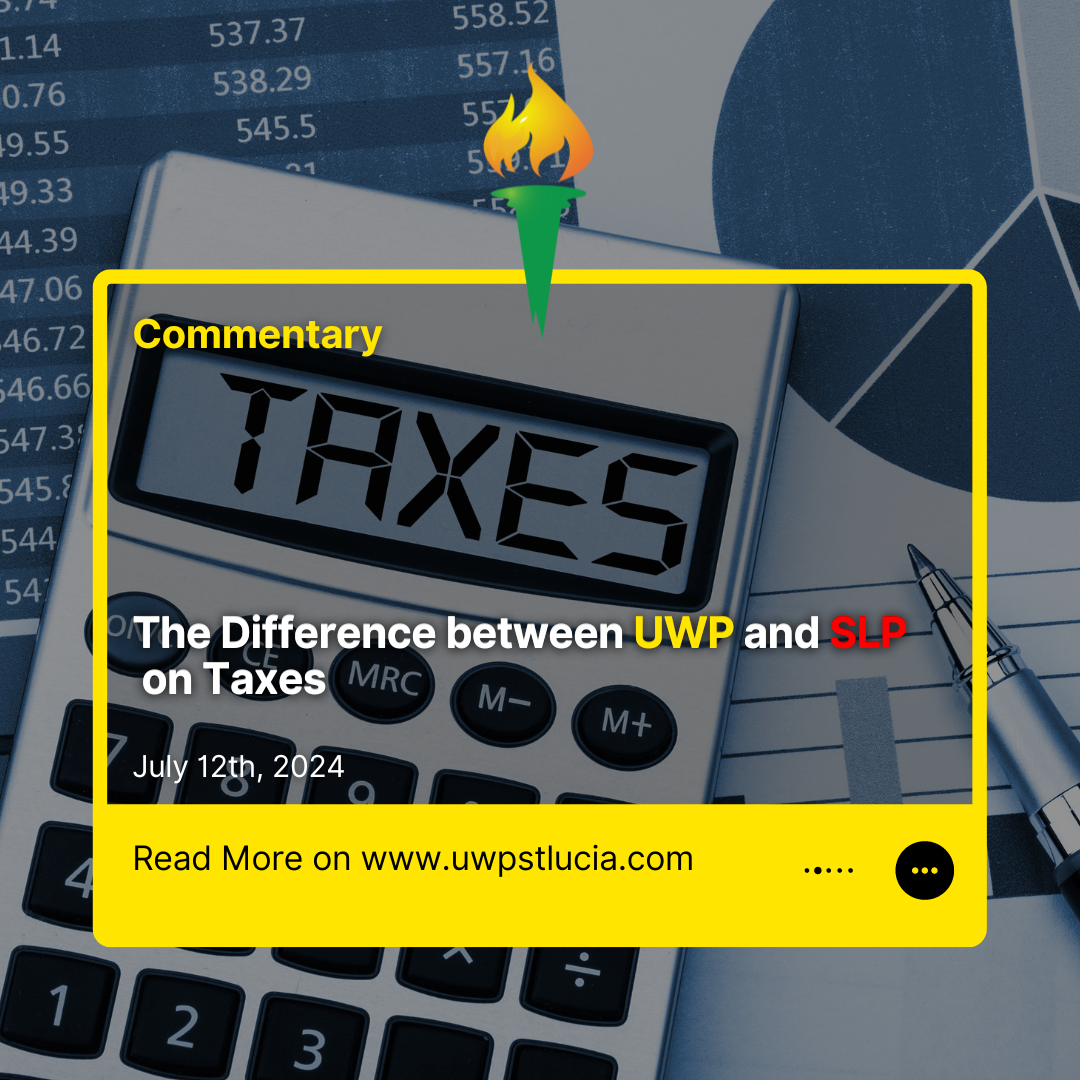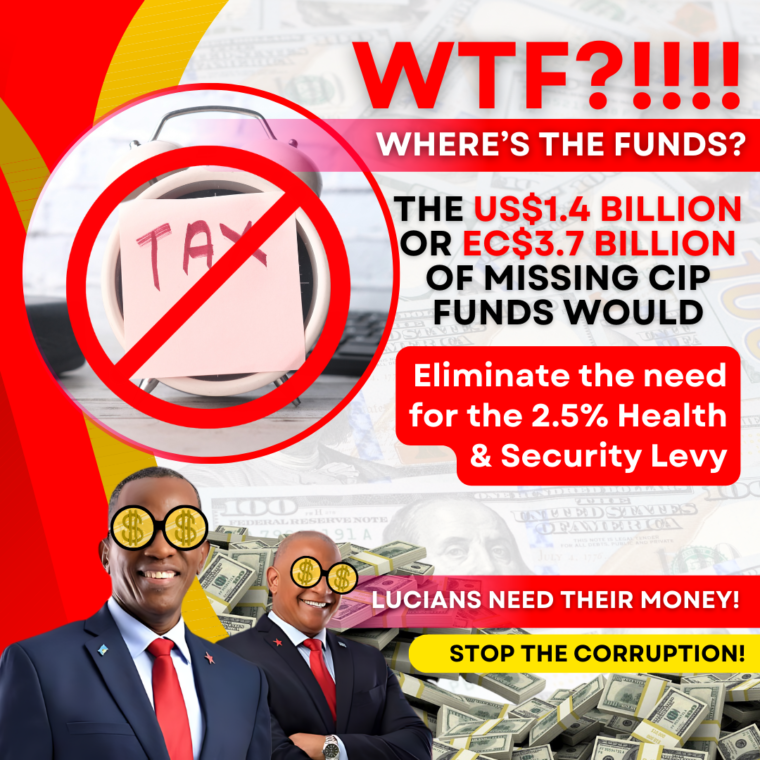When it comes to taxation, the United Workers Party (UWP) and the Saint Lucia Labour Party (SLP) hold fundamentally different views, which are reflected in their policies and actions when in office.
The UWP firmly believes that citizens are better managers of their money than the government. This philosophy drives their approach to taxation, focusing on reducing the tax burden on individuals and businesses. A notable example of this is their reduction of Value Added Tax (VAT) from 15% to 12.5% during their tenure from 2016 to 2021. This policy was aimed at stimulating economic growth by leaving more money in the hands of the people and businesses, thereby encouraging spending and investment.
In stark contrast, the SLP operates under the belief that the government is entitled to collect taxes to fund public services and development projects. This perspective was evident in 2014 when they introduced VAT at a rate of 15%, one of the highest in the region at the time. When the UWP reduced VAT to 12.5%, the SLP did not support this decision. Upon returning to office, the SLP has continued their trend of increasing taxes, introducing a new 2.5% tax on goods and services. Additionally, they have increased revenue collection through higher excise taxes on fuel, further burdening citizens with higher costs.
These differences highlight a fundamental ideological divide between the two parties. The UWP’s approach centers on empowering citizens and businesses through lower taxes, believing that this will lead to greater economic prosperity. On the other hand, the SLP views higher taxes as a necessary tool for government-led development and social programs, even if it means a heavier financial load on the populace.
Ultimately, the choice between these two approaches depends on one’s belief in whether the government or the individual is better suited to manage financial resources. The UWP’s track record shows a commitment to tax reduction, while the SLP’s history indicates a preference for higher taxation to support their policy agenda.


A Sovereign Sellout! Concerns Rise Over Government’s New Wealth Fund Proposal
The government led by Philip J. Pierre is poised to introduce a controversial Sovereign Wealth Fund that will give unprecedented control of the nation’s most valuable assets to foreign interests, sparking serious concerns about national sovereignty and economic security. Under the proposed fund, all government-owned assets, including crown lands, airports and government buildings, would be vested into this fund. While…
Read more
by Content Manager